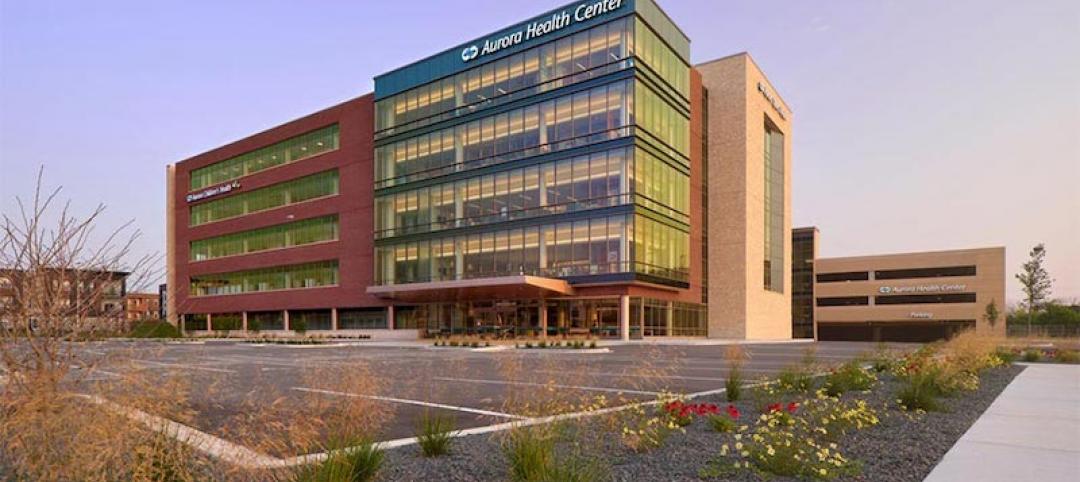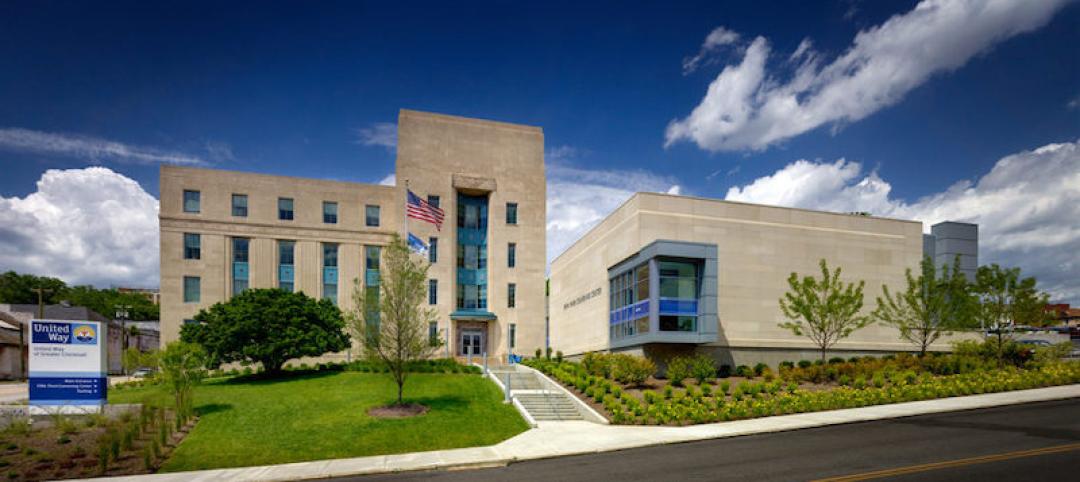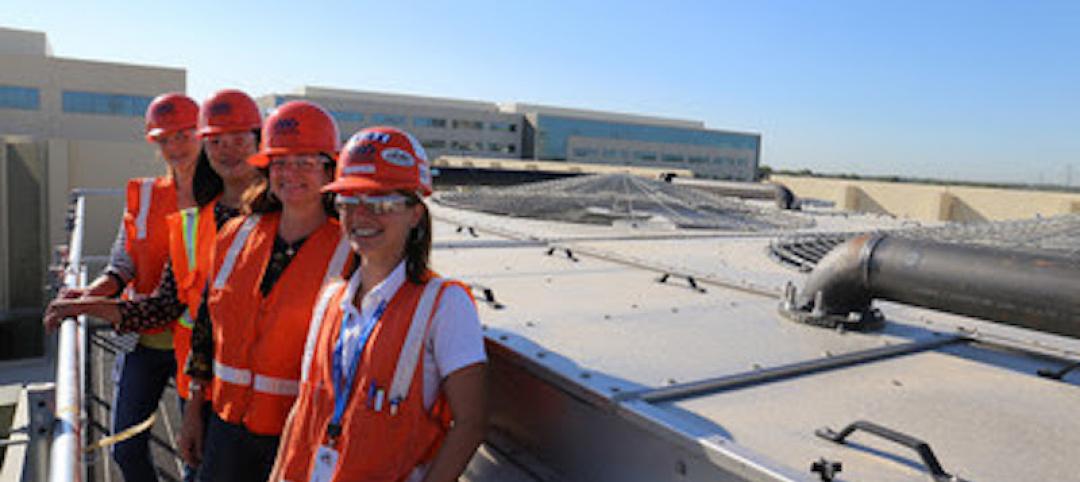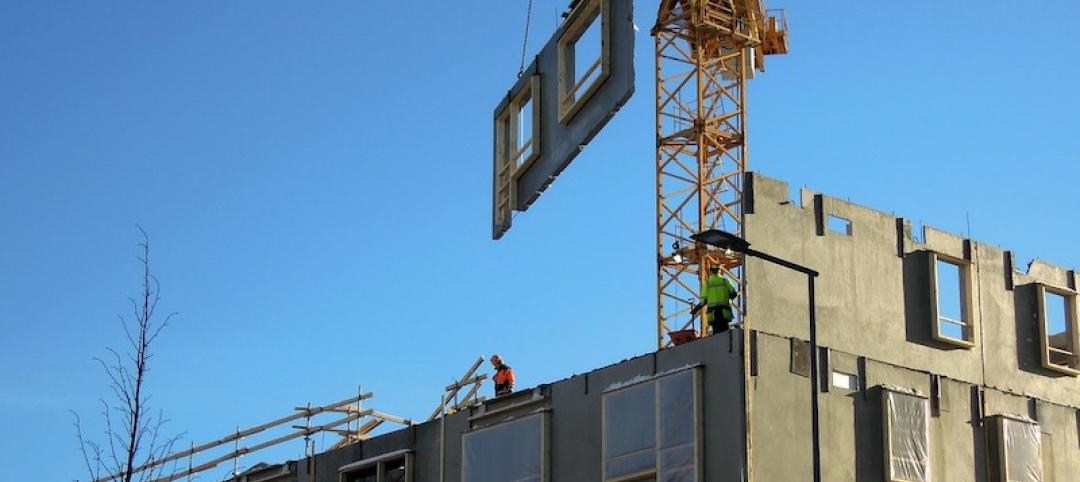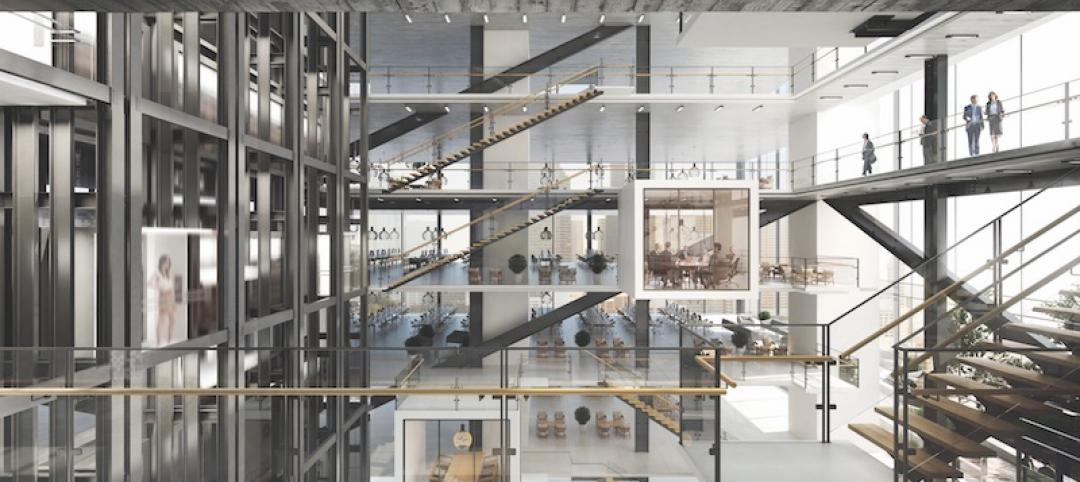During a time of great political divide across the nation and widespread distrust of bureaucrats in Washington, D.C., can architecture offer a practical solution to partisan politics?
Deadlock continues to fester on Capitol Hill. Congress’ approval rating ended the year at a meager 17%, and has hovered below the historic average (31%) since mid-2009. President-elect Donald Trump has stated that he plans to work with those on both sides of the aisle in Congress to accomplish his goals. Observers and experts predict Trump will have a tough go at it, even with a GOP-controlled Congress.
This begs the question, Is the “aisle” part of the problem in Washington? I’m not referring to the metaphorical divide between political parties, rather the physical layout of legislative spaces.
From K-12 schools to offices to universities, building owners across practically every sector are retooling their spaces to meet the needs of today’s innovation economy. Why not legislative spaces?
“In such a tumultuous period, shouldn’t we be questioning whether these spaces are working?” wrote New York Times architecture writer Allison Arieff, in a Nov. 2 opinion piece.
So much has changed in the business of governing—social and mass media, electronic voting, global convenings—yet the vast majority of spaces for political congregation remain virtually untouched, “frozen in time,” wrote Arieff.
She points to a study by Amsterdam-based creative agency XML that breaks down the design of 193 legislative buildings across the world. The most prominent layouts—opposing benches, classroom, and semicircle—were developed 165–215 years ago and remain intact with little modification. When updates are required, governments tend to restore these spaces, rather than rethink the layout.
There are outliers, though, including a meeting hall with zero tables and chairs for the European Union Council in Brussels. The layout, designed by XML and Jurgen Bey, utilizes blocky, interlocking furniture pieces that encourage council members to mingle. Check out XML’s report here.
Related Stories
Building Team | Aug 21, 2020
A healthcare project in Wisconsin benefits from including MEP subs in early design discussions
Prefabrication played a major role in quickening construction.
Coronavirus | Mar 30, 2020
Learning from covid-19: Campuses are poised to help students be happier
Overcoming isolation isn’t just about the technological face to face, it is about finding meaningful connection and “togetherness”.
Building Team | Jan 31, 2020
Red Wing unveils a work boot designed by women, for women
The boots are available now.
Libraries | Jan 23, 2020
Information or community center: The next generation of libraries must be both
Are libraries still relevant in a digital world?
Building Team | Dec 9, 2019
The right funding mechanism can help move your project forward
The following case studies illustrate some of the ways we’ve helped our clients navigate different tax credits.
Building Team | Nov 12, 2019
Autodesk and AGC to provide construction industry with custom-fitting safety harnesses for women
Construction technology provider and national trade organization launch grant program to help address industry need for better-fitting personal protective equipment (PPE) for women working at heights.
Building Team | Oct 7, 2019
Contractor Giants are all in on offsite construction
Speed, quality, advanced coordination, and schedule gains are commonly cited as benefits of offsite construction.
Building Team | Jul 17, 2019
12 key features your AEC website could be lacking
Today’s A/E/C firms can no longer rely on the brochure-style websites of the past.
Building Team | May 21, 2019
Real estate learns to share
The sharing economy puts a different spin on new construction and building operations.
Building Team | Mar 22, 2019
AEC firms go outside the box
A look at six products and companies incubated by AEC firms for commercial sale.



